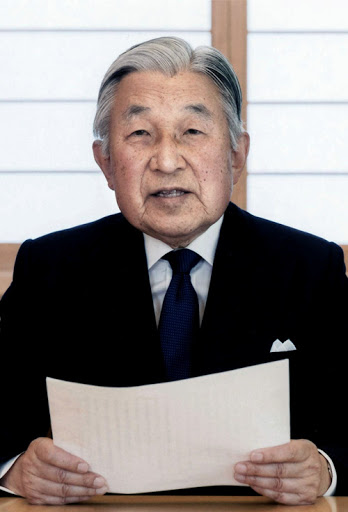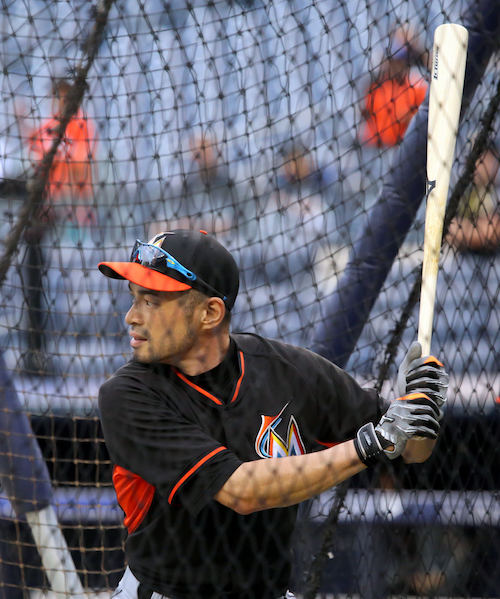In only his second televised address to the public, Japanese Emperor Akihito hinted Monday of his fears about his age preventing him from fulfilling his duties.
Akihito, 82, took reign from his father Hirohito in 1989, and is the 125th emperor in his line. In a 11-minute speech, he said that when he considers that “my fitness level is gradually reclining, I am worried that it may become difficult for me to carry out my duties as the symbol of the state with my whole being as I have done until now.”
Akihito has suffered heart problems and prostate cancer in the past. “When the Emperor has ill health and his condition becomes serious, I am concerned that, as we have seen in the past, society comes to a standstill and people’s lives are impacted in various ways,” Akihito said.
Though he did not directly declare his intentions of stepping down, the implication made waves to a stunned Japan, in which laws for abdication do not exist, and where emperors have served until death for 200 years.
Japanese Prime Minister Shinzo Abe told reporters that “We have to thoroughly think what we can do to accommodate [Akihito’s] concerns, taking into consideration the emperor’s age and the current burden of official duties.”
In Japan, the emperor holds no governmental power but serves instead as a ceremonial figure. If Akihito abdicates, his son Crown Prince Naruhito, 56, will likely step in.







